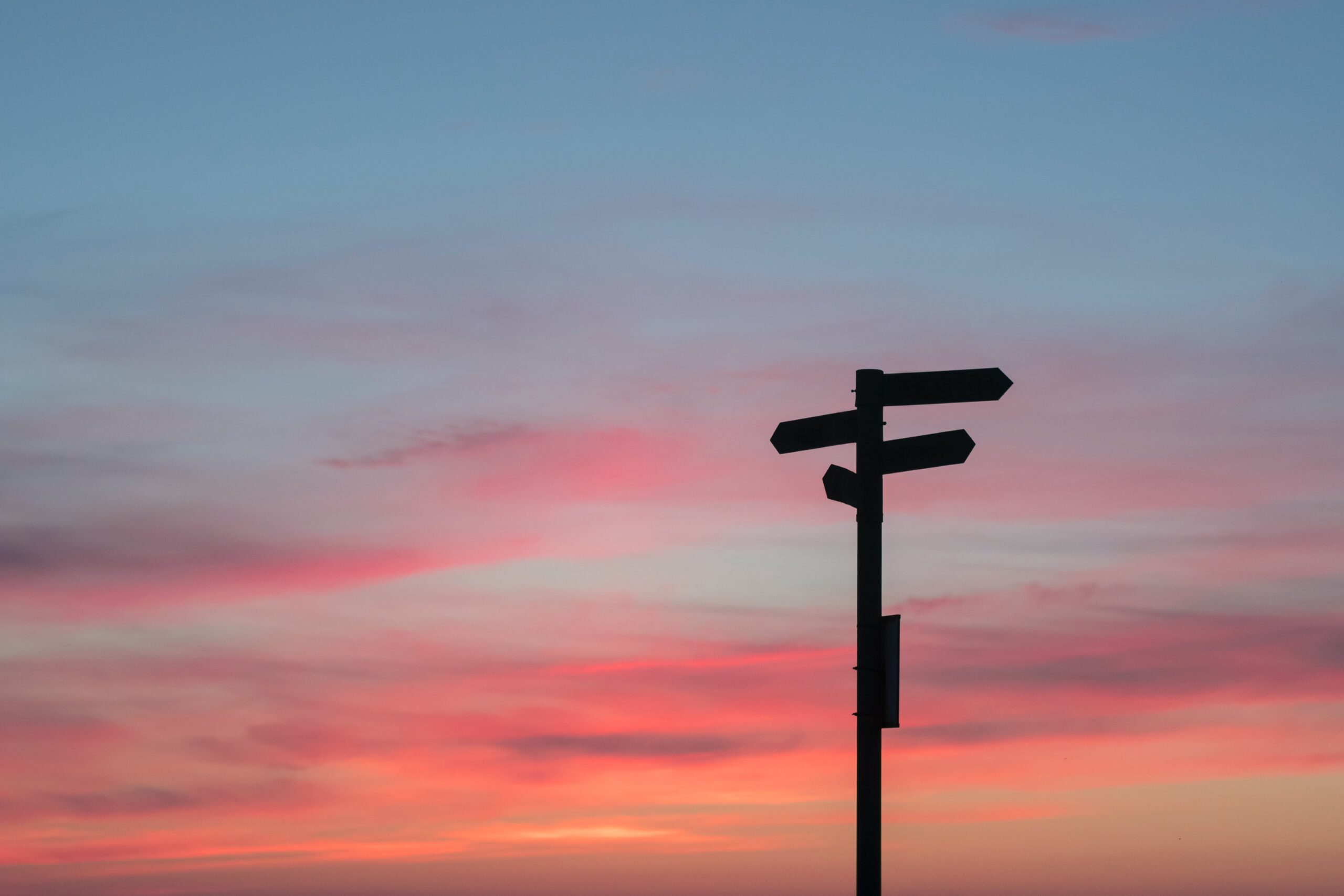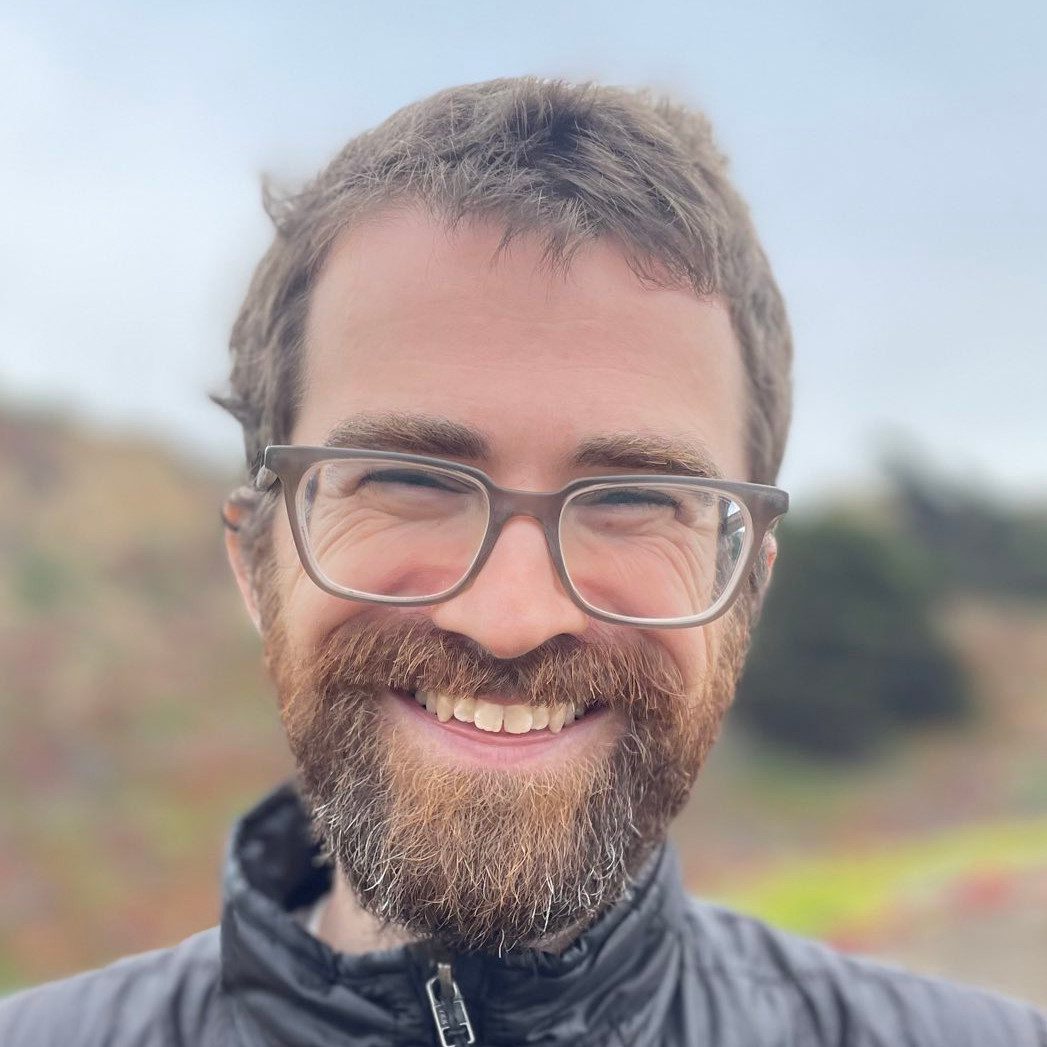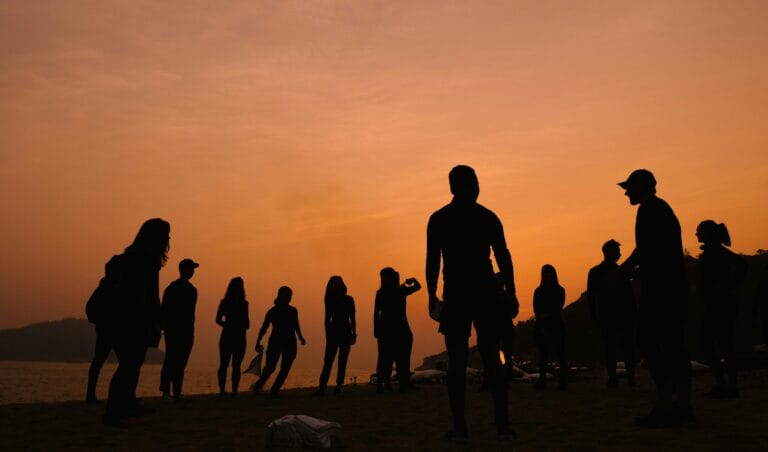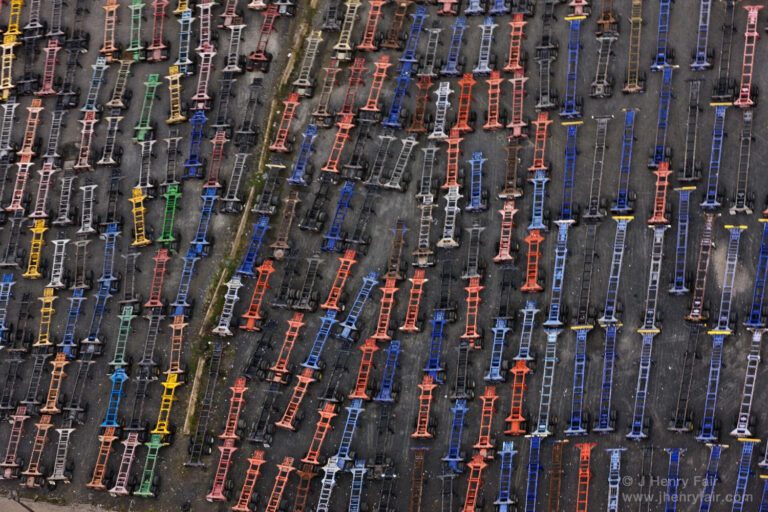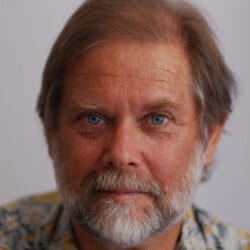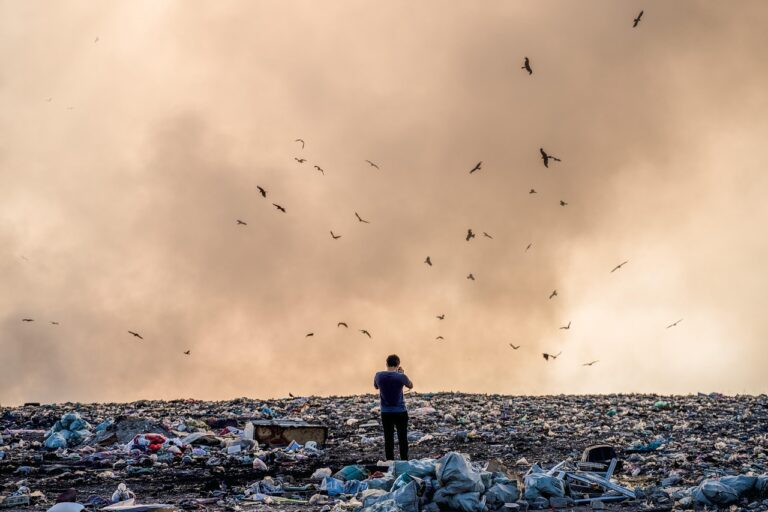In her excellent, confronting book Hospicing Modernity, Vanessa Machado de Oliveira suggests that we might only be able to change our way of living once we have no other choice. “There’s a popular saying in Brazil,” she writes, “that in a flood situation, it is only when the water reaches people’s hips that it becomes possible for them to swim. Before that, with the water at our ankles or knees, it is only possible to walk or wade.”
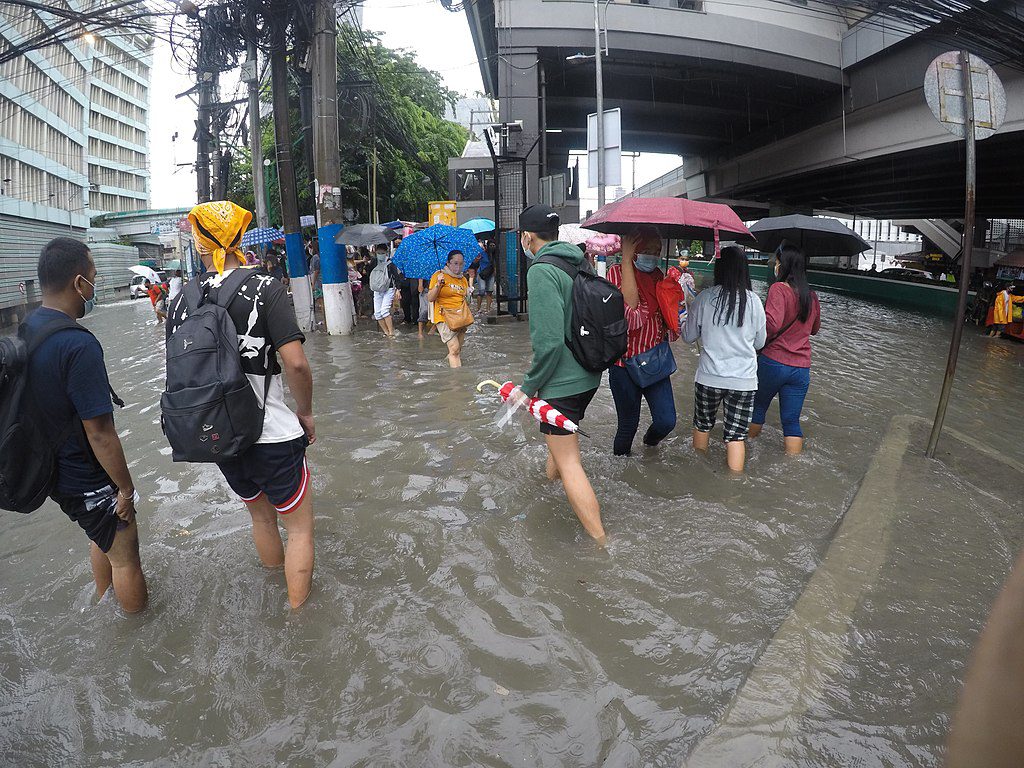
I want this to be wrong. I want to believe that humans can change our way of being before material circumstances make our old ways literally impossible, because the alternative is bleak: suffering must get substantially worse before large-scale change becomes thinkable. I would much prefer to think that well before we reach that point, we can see what’s happening, make common cause, and work for an equitable and life-giving future.
The evidence of the last few decades, however, suggests that Machado de Oliveira has hit upon a critical truth. Despite scientific consensus and widespread public concern about ecological breakdown, fossil fuel emissions and other harms have only accelerated. The dominant culture still believes in the myth of endless growth, the virtues of consumption, and the invincible sovereignty of the individual (particularly if that individual is white, wealthy, male-bodied, cisgendered, etc.). “People’s priorities are bound to the level of water around them,” she writes, and it’s hard to argue with her on this point. Large-scale change, it seems, is choiceless.
But what if there is something that the concerned-but-insufficiently-imperiled can do, besides depending on things to get worse? What if we could cultivate an awareness that makes upholding the status quo impossible? What if we could choose to have no choice but to change our way of living, as paradoxical as that sounds?
Animals reflexively avoid pain and discomfort, and humans are no exception: we flinch from touching a hot stove, and we hunch up against cold and blustery weather. Interestingly, this reflex can be learned: when our favorite meal gives us food poisoning, the mere thought of eating it again can make us feel sick. Once we know an action results in acute discomfort, avoiding that action becomes easy — choiceless, even.
One promise of the Dharma is that it can reveal the hidden mechanisms of harm. There is suffering, and that suffering has a cause we can discover. With practice and attention, we can gain a visceral understanding of how actions motivated by greed, hatred, and delusion can hurt. Once we have fully internalized that understanding, our revulsion for these poisons becomes reflexive.
It may be that our spiritual task is to nourish our discomfort until deep change becomes irresistible.
Can Dharma propel us, then, toward a rejection of destructive modernity? Can those of us who are not actively fighting for our lives nevertheless reach a point of psychic discomfort where radical transformation would be a relief, rather than an imposition?
These are not rhetorical questions. Obviously, spiritual practice cannot force the issue, not in the way that losing our house to a flood or our loved ones to a heat wave might. Yet it can support clear seeing. In my experience, Dharma can spark a positive feedback loop: even as it highlights discomfort, it offers the courage to face that discomfort. That courage can nourish intimate contact with the world, revealing new sources of discomfort. Perhaps sooner or later we reach a point where the choice is made for us — “business as usual” becomes intolerable.
If the water has not yet reached our hips, it may be that our spiritual task is to nourish our discomfort through practice and engagement until deep change becomes irresistible. I hope that One Earth Sangha can serve as a source of both provocation and possibility for all who are on this journey.

